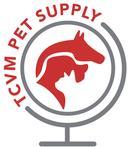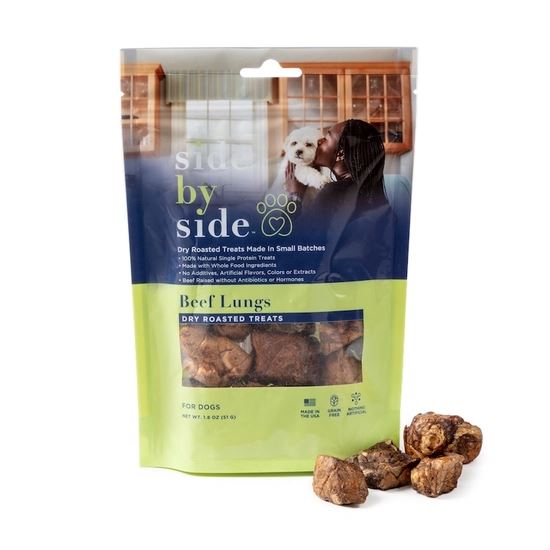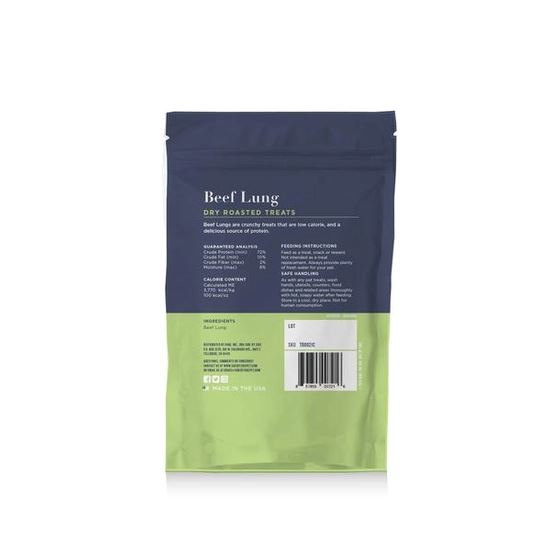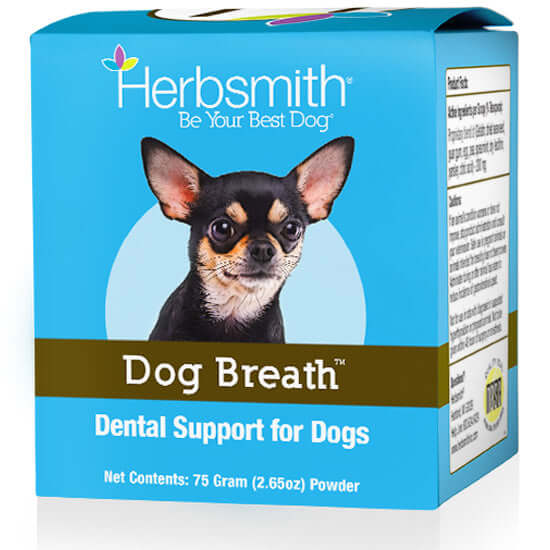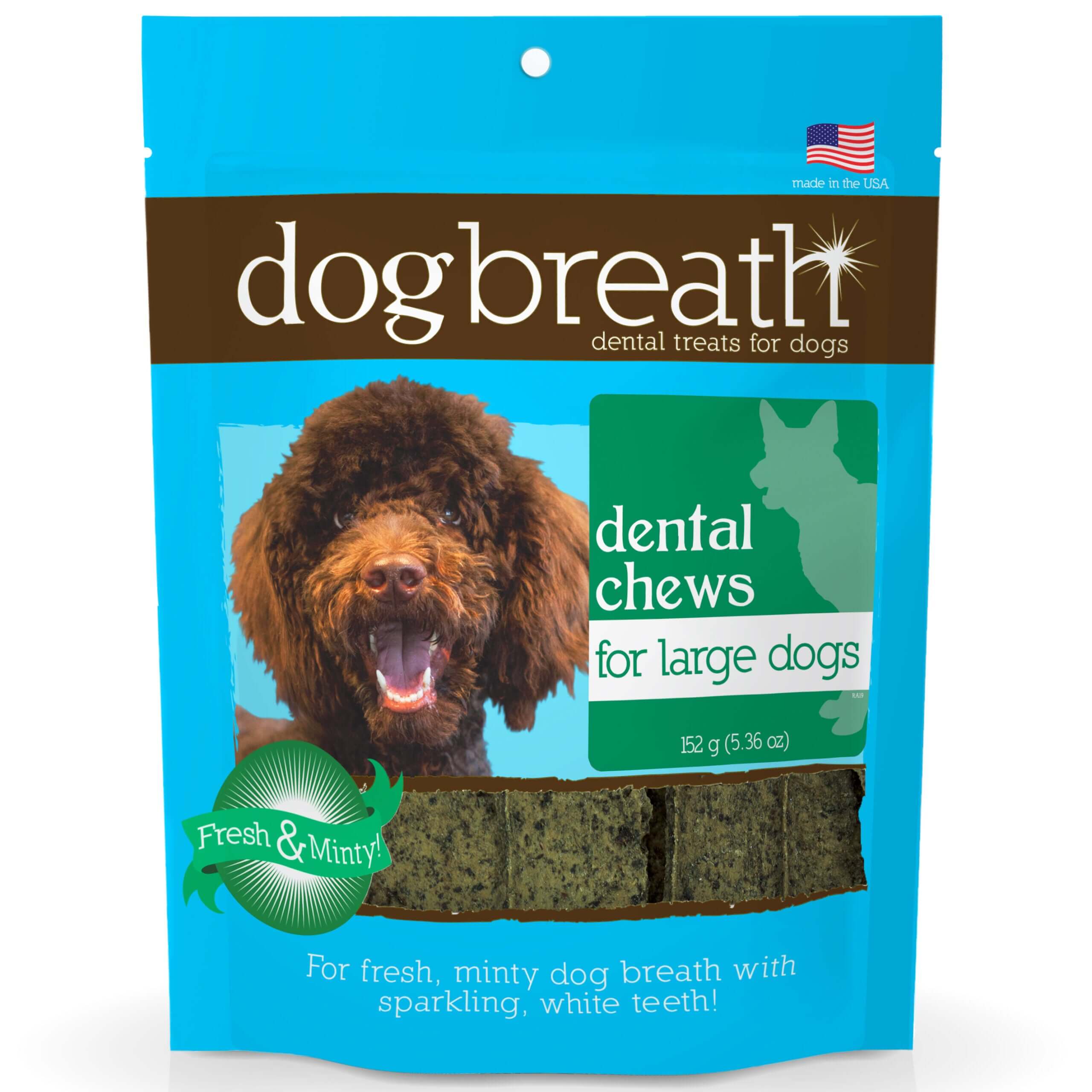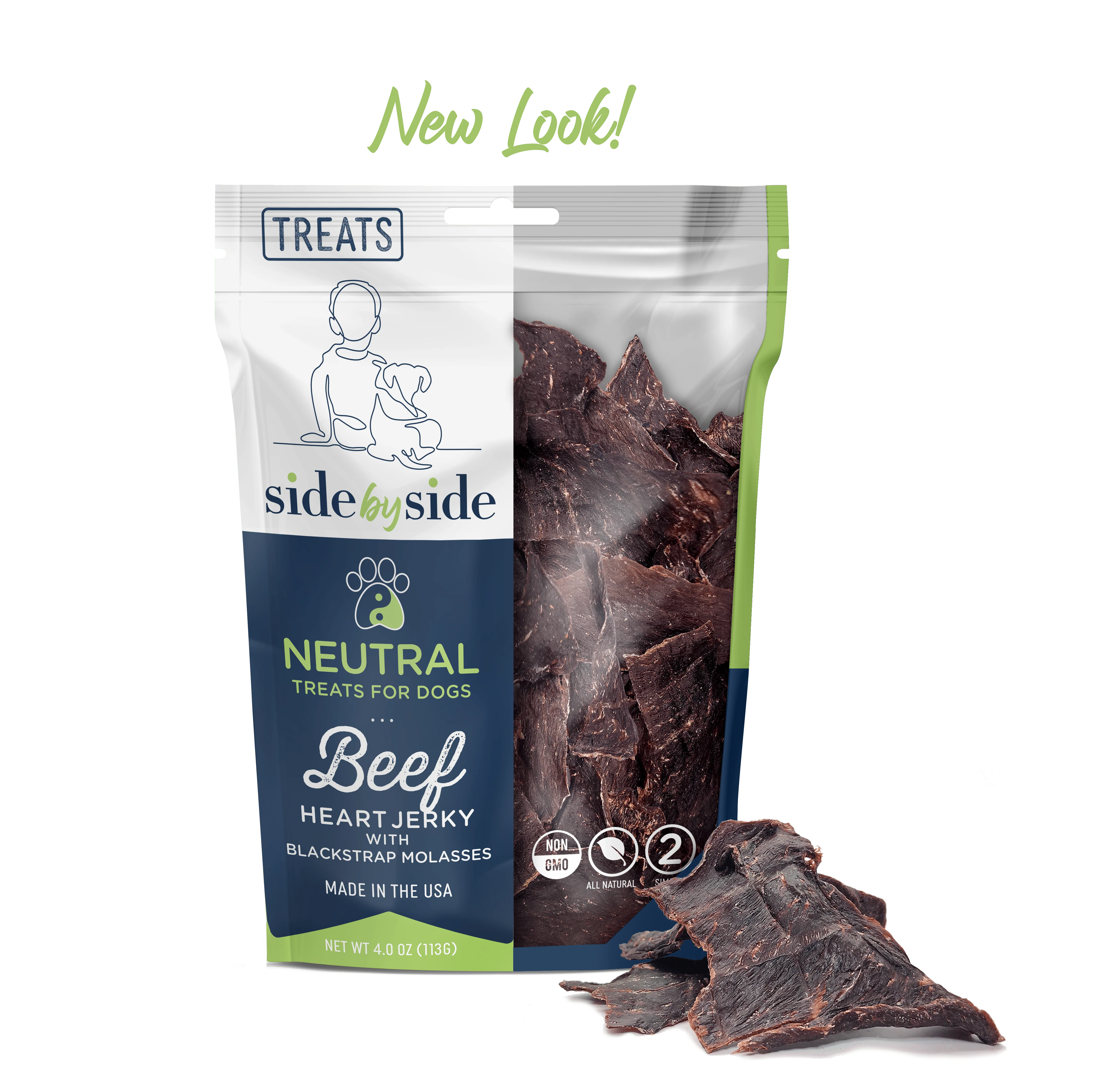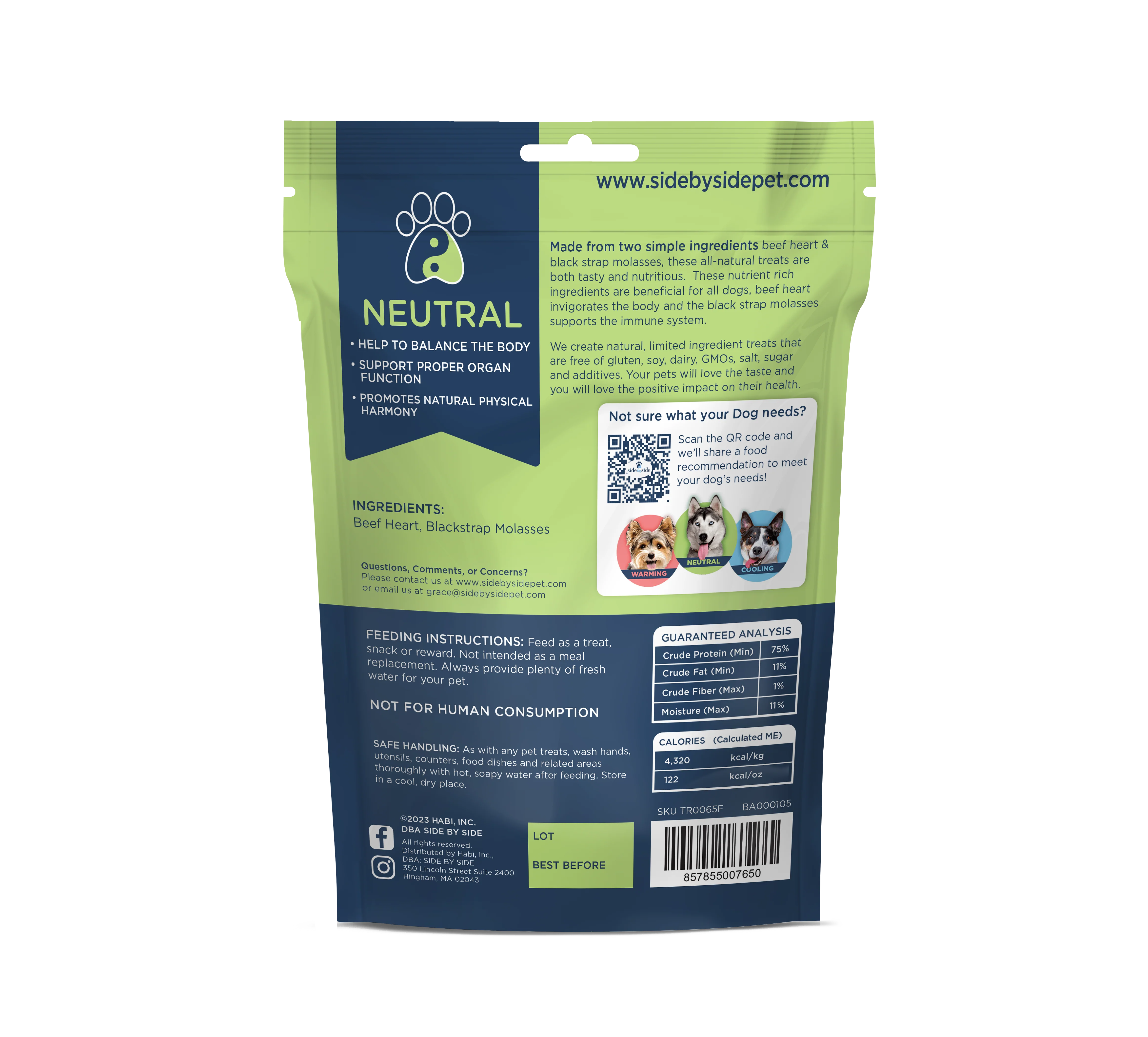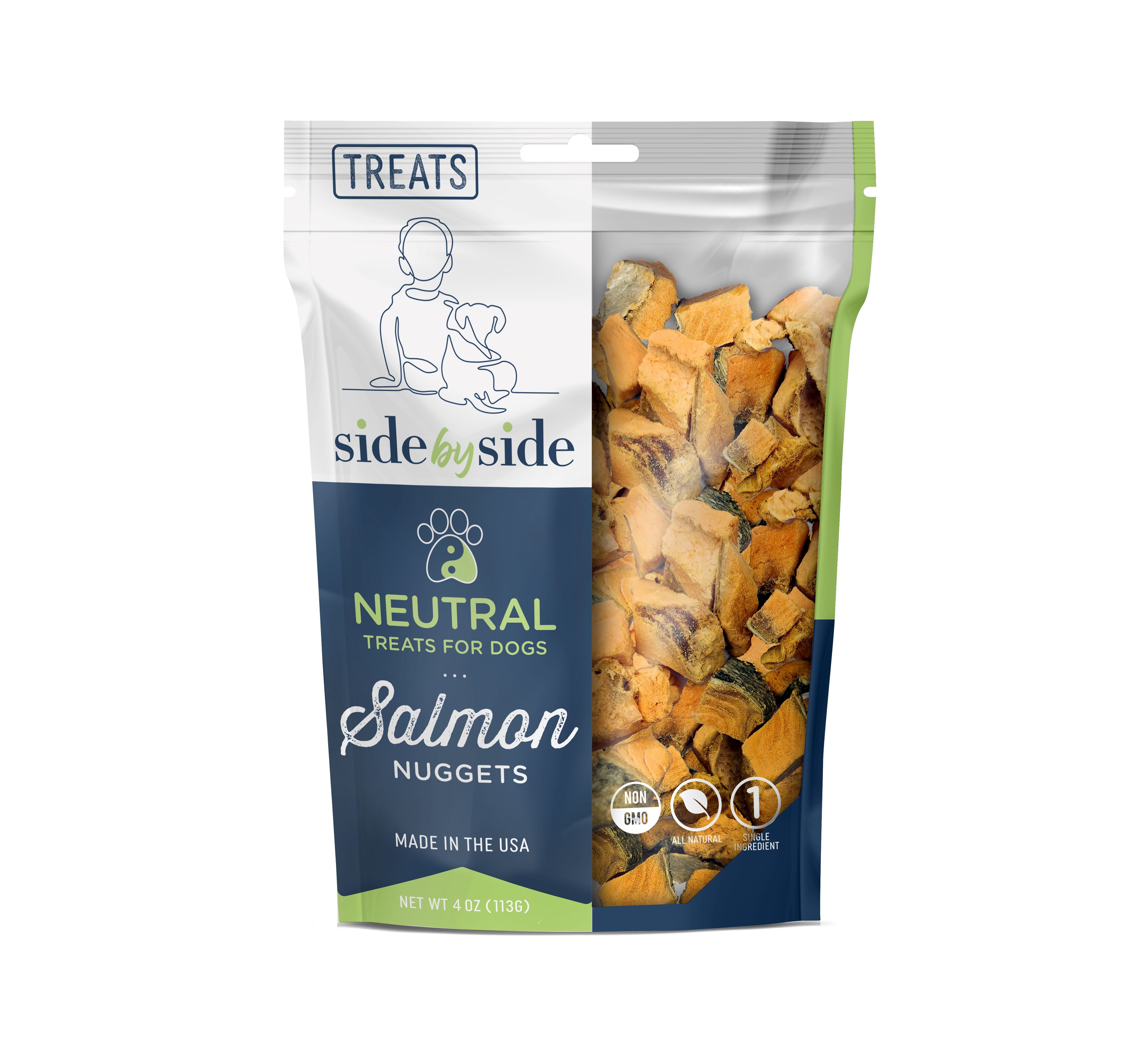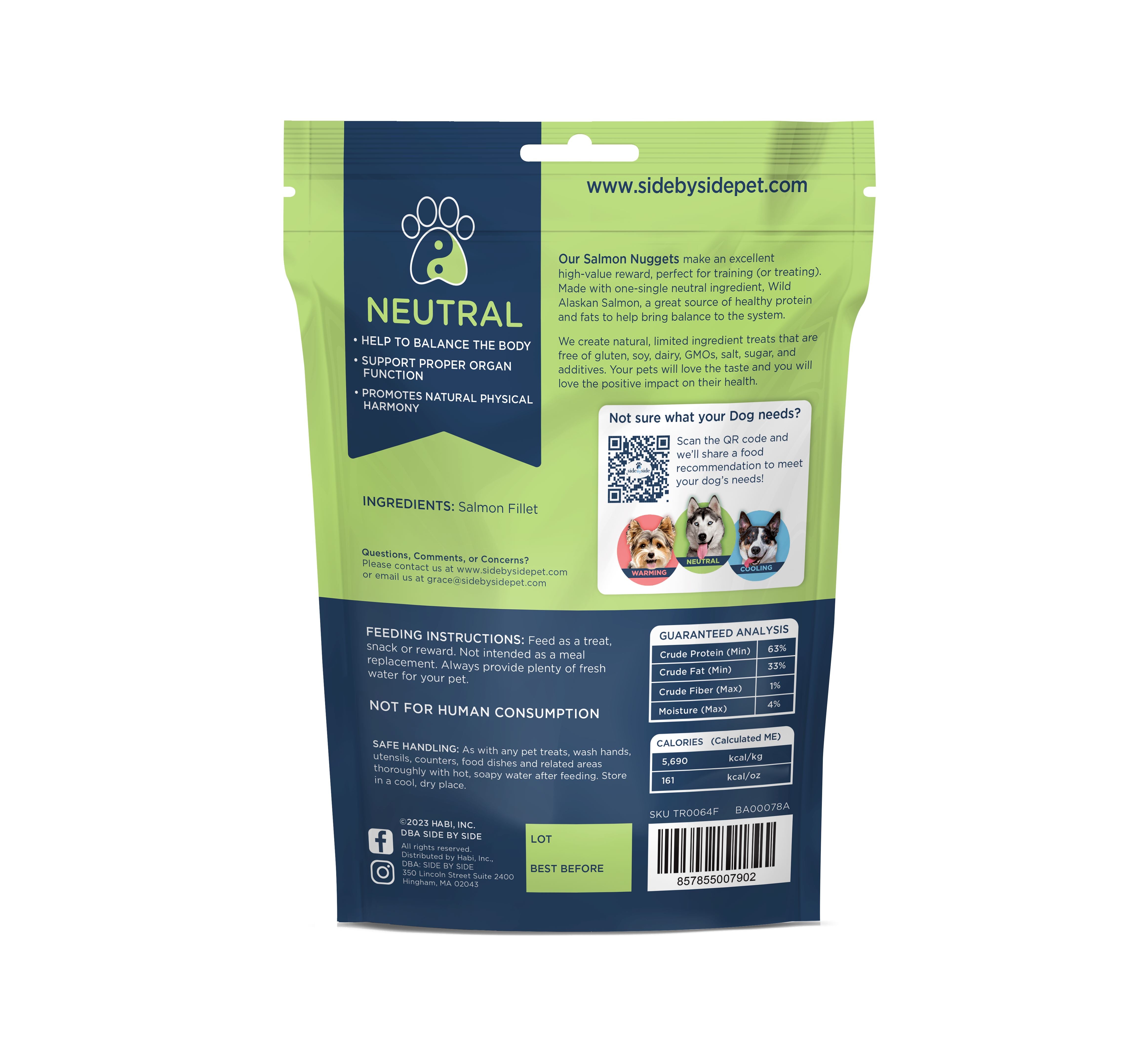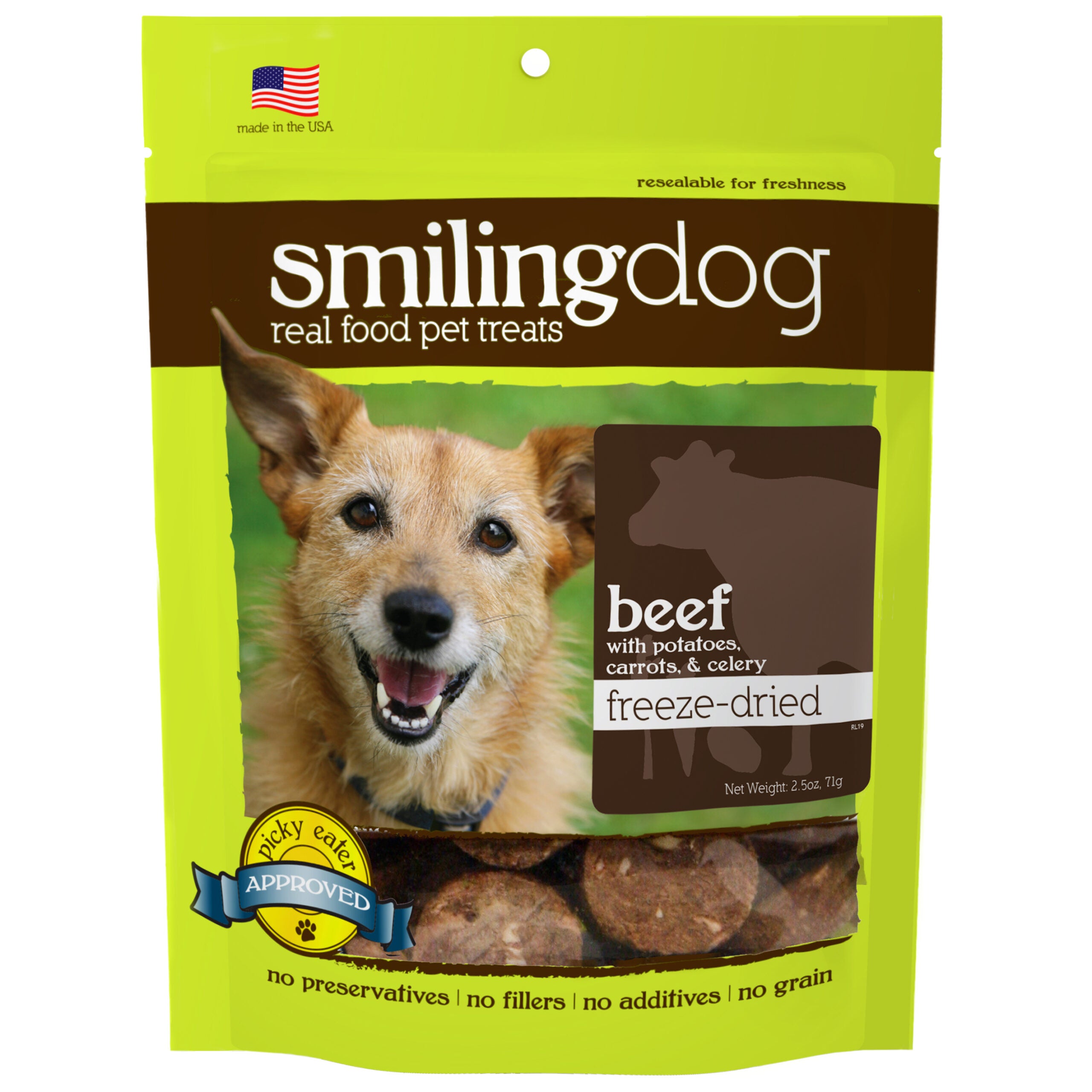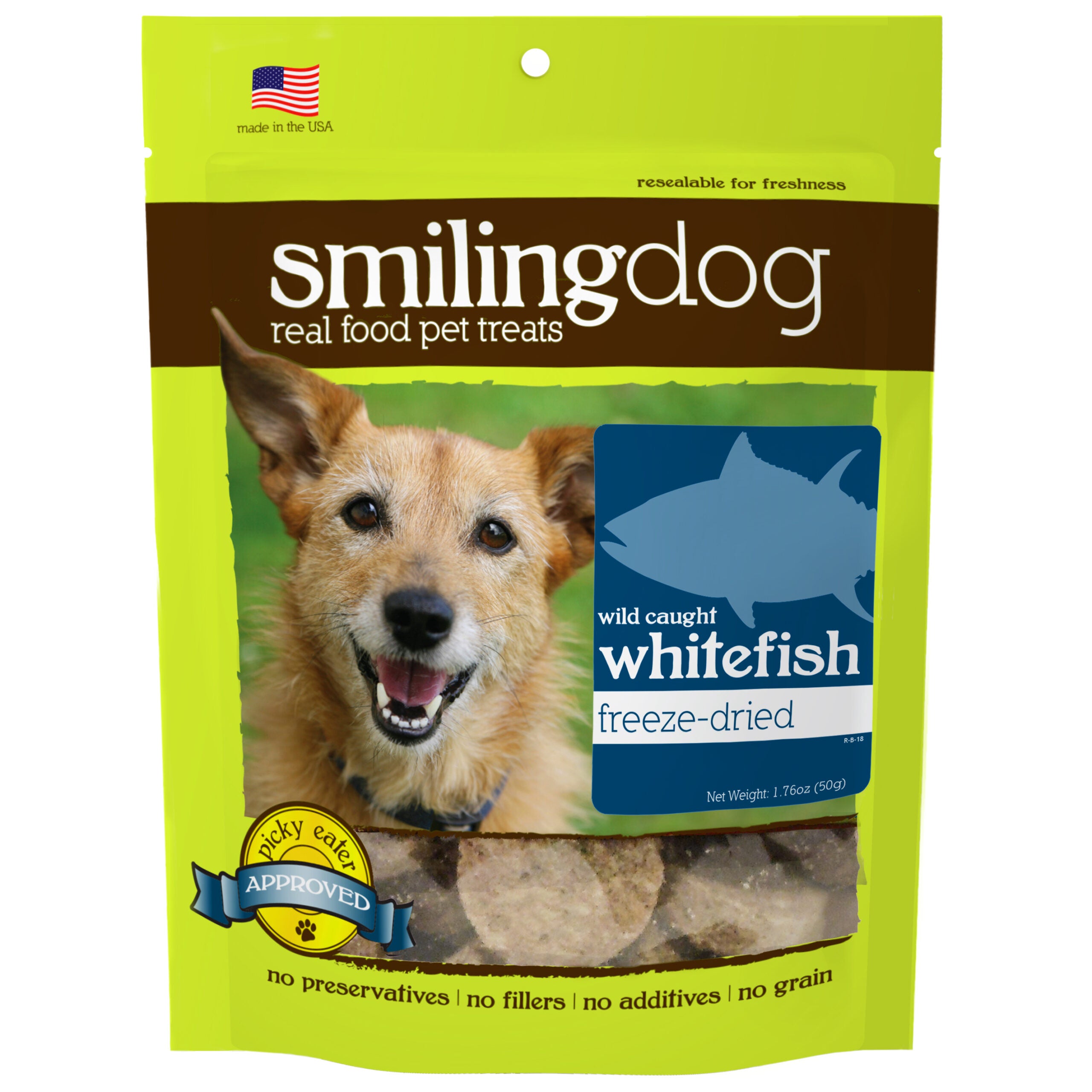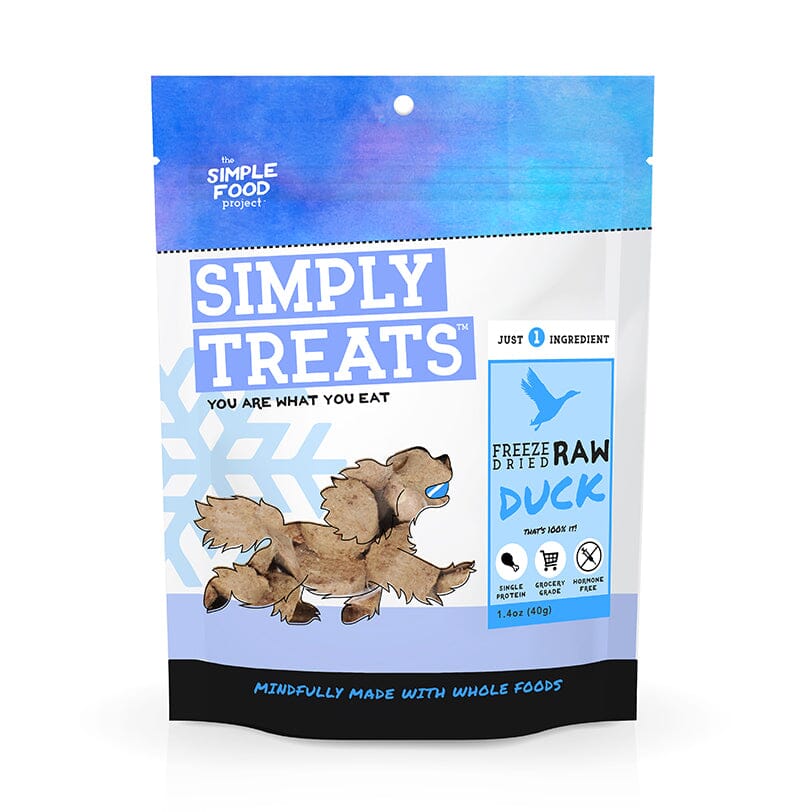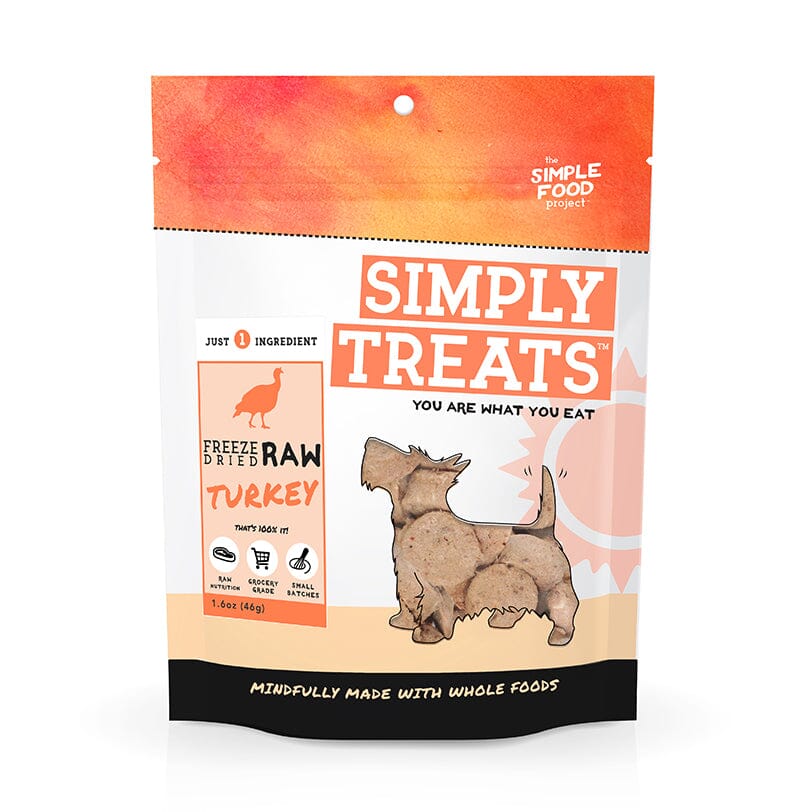
How to Help IBD in Cats Naturally Using Eastern Medicine

What is IBD in Cats?
Sometimes, a cat's gastrointestinal tract becomes chronically irritated and inflamed. When this happens, many cats develop Inflammatory Bowel Disease (IBD).
IBD doesn't have a single distinct cause but occurs whenever inflammatory cells invade your cat's GI tract walls.
The walls then thicken and disrupt the GI tract's ability to properly digest and absorb food.
Recent studies suggest IBD can originate due to an abnormal interaction between the immune system, bacterial populations in the intestines, diet, and other environmental factors.
The good news is you can do many things to help at home!
Signs of IBD in Cats
Of course, you need to see a veterinarian for a definitive diagnosis of IBD.
However, there are several common signs to look for if you think your cat may be suffering from it.
Common signs of feline IBD include:
- bloody stools
- diarrhea
- decreased appetite
- lethargy
- weight loss
Symptoms may vary in frequency and severity. In addition, signs may vary depending on which parts of the GI tract are affected.
Try a Limited Ingredient Diet
One of the first things our vets recommend for cats suffering from IBD is switching to a limited ingredient diet.
Feeding a limited ingredient diet helps cats suffering from food sensitivities and other types of digestive disturbance.
However, if you switch your cat's food, it's best to make the switch slowly.
Switching your cat's food too quickly or too often may cause digestive upset.
To gradually switch to a new food, start by feeding 1/4 new food with 3/4 old food the first week.
Then, in the second week, feed 1/2 new food and 1/2 old food.
And, in the third week, feed 3/4 new food and 1/4 old food.
If you've already made a food switch, it may take several weeks for your cat to adapt.
Supplement with Probiotics and Digestive Enzymes
Probiotics and digestive enzymes promote gut health, which boosts immune health and immune response.
In addition, digestive enzymes help cats better digest everything they eat.
In fact, many human studies indicate properly and completely digesting food plays a vital role in allergic response--a definite plus if you think your cat has food sensitivities.
Probiotics help overall gut health by reintroducing healthy bacteria back into your cat's system.
If your cat has a good population of healthy gut bacteria, it remarkably reduces and prevents many digestive disturbances.
Dr. Smith and Dr. Damron recommend PET | TAO Harmonize GI.
Harmonize GI is a blend of prebiotics, probiotics, and digestive enzymes. You can purchase Harmonize GI in our store without a veterinarian's authorization.
You can also give your cat an extra boost by adding plain, non-fat yogurt to each feeding.
We recommend 1/2 teaspoon per meal.
Feed Freeze-Dried Spleen Treats
Our vets also recommend PET | TAO Freeze Dried Raw Spleen treats for cats suffering from digestive disturbances.
In TCVM, the spleen is associated with the stomach.
Together, the two are the main organs at the helm of your cat's digestion and assimilation processes.
Spleen treats help cats suffering from:
- Diarrhea
- Weight loss
- Muscle atrophy
- Loss of strength
- Sensitive stomach
All you need to do is feed several treats daily for a therapeutic effect.
Try a TCVM Herbal Formula
Several different TCVM herbal formulas are available to help cats with digestive disturbances.
Some of the herbal formulas you can purchase without a veterinarian's authorization. However, some formulas require a veterinarian's authorization to purchase.
If you want to try something "over-the-counter," we recommend Herbsmith GastroCare.
Gastrocare supplies angelica root, ginger, poria, licorice, mint, and more and is a natural way to address tummy troubles in cats.
Popular TCVM herbal formulas requiring a veterinarian's authorization are:
- Ba He Wan
- Bupleurum Harmonize Stomach
- Ginseng Relieve Diarrhea
- Great Saussurea Coptis
- Xiang Lian Wan
Eastern herbal formulas work on the digestive disturbances' root causes, helping your cat's natural healing process.
However, to get the best results, you'll need the help of a TCVM-trained veterinarian in choosing the correct formula.
Do You Need Extra Help With Your Cat's Digestive Health Challenges?
We have options if you ever need extra help managing your cat's digestive problems naturally. TCVM Pet Supply co-founding veterinarians Dr. Marc Smith and Dr. Casey Damron offer TCVM telemedicine consultations.
If you get a TCVM telemedicine consultation, you'll get personalized TCVM recommendations specific to your cat, including:
- Food Therapy Recommendations
- TCVM Evaluation
- TCVM Herb Recommendations & Veterinary Authorization
- Supplement Recommendations
- Alternative Medicine Recommendations
If you reside in the Middle Tennessee area or would like to commute, you may choose an in-clinic appointment instead. You can learn more about each vet and contact the clinic you prefer directly:
- Marc Smith, DVM, MS - Natchez Trace Veterinary Services
- Casey Damron, DVM, CVA - White Oak Animal Hospital
We hope this information helps you and wish you the best in making your cat feel better!

